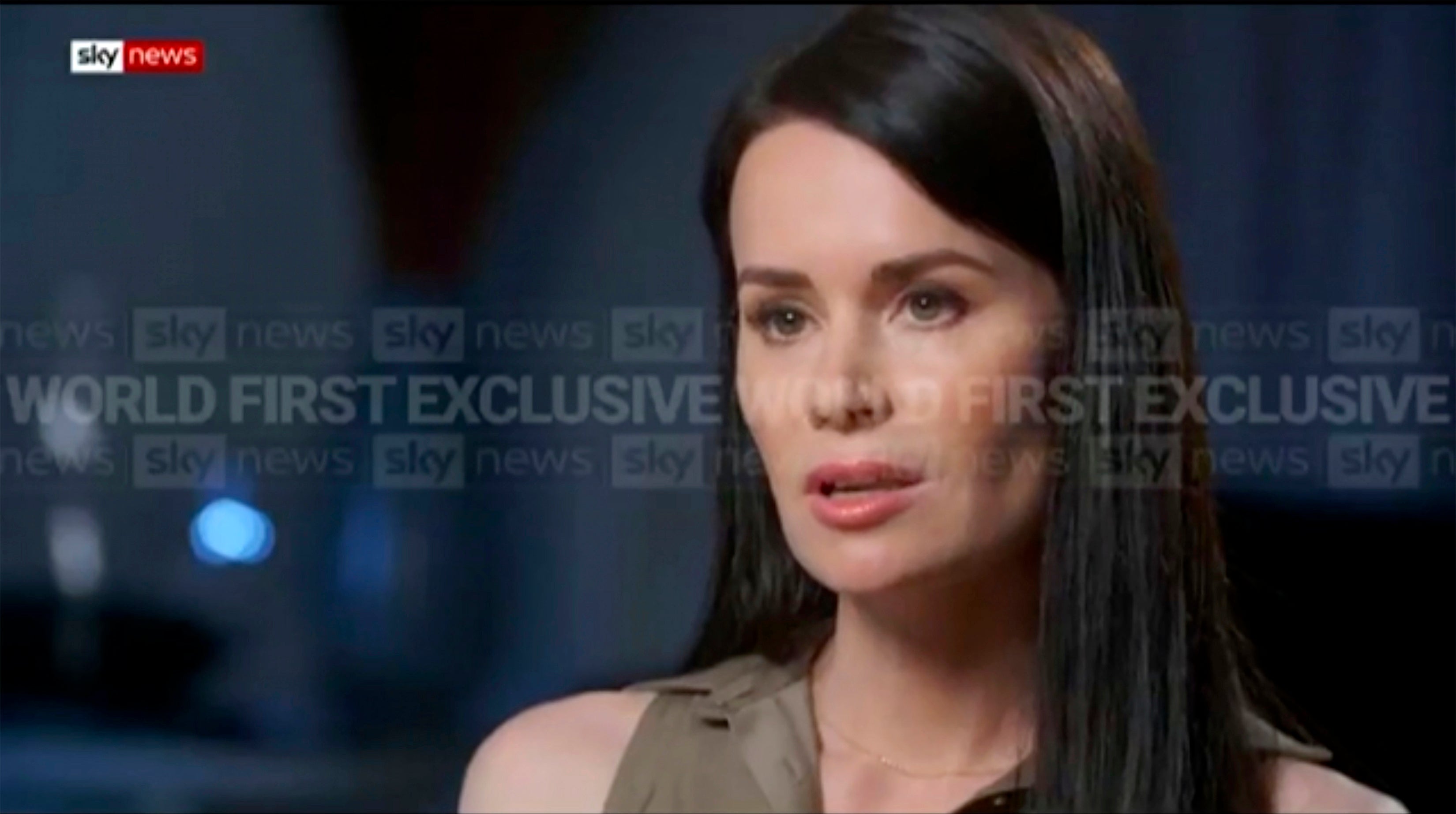Freed academic describes 'psychological torture' in Iran
A British-Australian academic imprisoned by Iran on a spying conviction has said in a television interview that she endured psychological torture during her more than two years behind bars

Your support helps us to tell the story
From reproductive rights to climate change to Big Tech, The Independent is on the ground when the story is developing. Whether it's investigating the financials of Elon Musk's pro-Trump PAC or producing our latest documentary, 'The A Word', which shines a light on the American women fighting for reproductive rights, we know how important it is to parse out the facts from the messaging.
At such a critical moment in US history, we need reporters on the ground. Your donation allows us to keep sending journalists to speak to both sides of the story.
The Independent is trusted by Americans across the entire political spectrum. And unlike many other quality news outlets, we choose not to lock Americans out of our reporting and analysis with paywalls. We believe quality journalism should be available to everyone, paid for by those who can afford it.
Your support makes all the difference.A British-Australian academic imprisoned by Iran on a spying conviction said in a television interview broadcast Tuesday that she endured “psychological torture” during her more than two years behind bars.
Kylie Moore-Gilbert 33, returned to Australia in November after serving 804 days of a 10-year sentence. She was freed in exchange for the release of three Iranians who were held in Thailand.
“It’s extreme solitary confinement room designed to break you. Its’ psychological torture. You go completely insane. It is so damaging. I would say I felt physical pain from the psychological trauma I had in that room. It’s 2-meter by 2-meter box,” Moore-Gilbert told Sky News
“There were a few times in that early period that I felt broken. I felt if I had to endure another day of this, you know, if I could I’d just kill myself. But of course, I never tried and I never took that step,” she added.
Moore-Gilbert was a Melbourne University lecturer on Middle Eastern studies when she was picked up at the Tehran airport as she tried to leave the country after attending an academic conference in 2018. She was sent to Tehran’s notorious Evin prison, convicted of spying and sentenced to 10 years. She vehemently denied the charges and maintained her innocence.